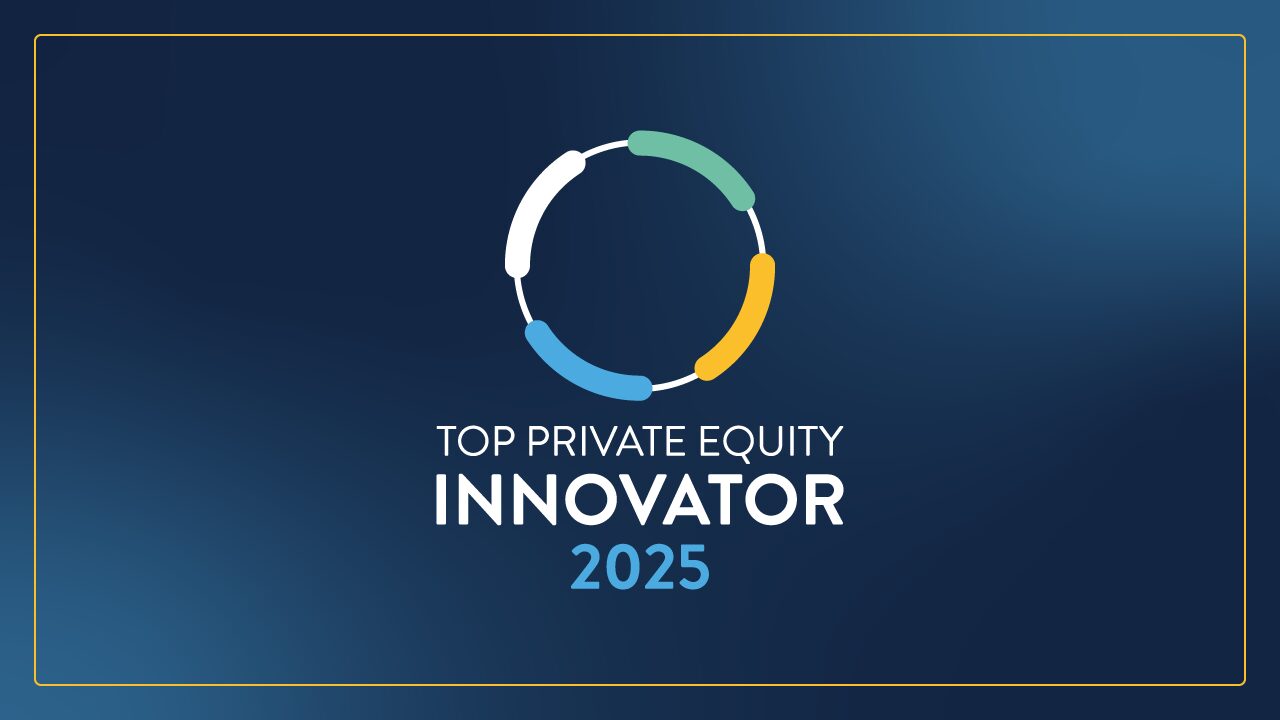There’s a common misperception that private equity (PE) firms only make investments to maximize short-term profits, but this generally isn’t the case. Many PE firms develop long-term relationships with their portfolio companies (portcos), and the COVID-19 pandemic has been a reminder that these relationships can prove invaluable in times of crisis. Chris Paldino is a Managing Partner of Hidden Harbor Capital Partners, and he has more than two decades of PE experience across predominantly Business Services and Industrials industries. Chris understands the value of healthy relationships between PE firms and their portcos, and he recently took the time to chat with BluWave CEO Sean Mooney about how these relationships are sustained and what changes he’s seeing in the PE industry during COVID-19 and beyond.
Sean Mooney: What will the PE industry look like in 2021?
Chris Paldino: Our economy will likely continue its recovery in 2021, although economic activity will still be depressed, particularly in certain industries. The stark contrast in performance across different end markets will likely create PE portfolios with more of a “barbell” profile than expected (which refers to having winners and losers with less in between). This has wide-ranging implications for industry participants that invest across the capital structure.
SM: What lessons have you learned during the pandemic?
CP: The pandemic has forced many changes that have affected all of us to varying degrees and we have focused on supporting the health of our colleagues. Quarantining and social distancing has created isolation while health concerns overlay fears about jobs and financial well-being. This combination results in increased stress and a lack of healthy interactions to counteract such stresses. This is why we have encouraged our employees to take more frequent vacations and tried to enable full disconnection from work during these times. Relatedly, we have also highlighted the importance of managing mental/emotional well-being.
SM: How do you ensure that your portcos are creating value? What are you doing to support them?
CP: We have an in-house operating team that works full-time with our portcos. Their job is to provide guidance and resources that accelerate each company’s progress on growth initiatives. This team differentiates Hidden Harbor from others in the lower-middle market and helps to deliver better, more consistent outcomes for our investors.
SM: What types of companies excite you the most?
CP: We look for companies within business services and industrials with strong value propositions that are founder-owned or a division of a larger entity (corporate carve-outs). We believe these situations align with our in-house operational capabilities and hands-on approach to building value.
SM: What has been your deal sourcing strategy through the downturn?
CP: We have used this time to more effectively convey Hidden Harbor’s key areas of industry expertise. To do this, we have expanded our roster of Executive Partners in focus industries and spent more time developing relationships with industry bankers.
SM: What attributes do you look for in leadership teams for your portfolio companies?
CP: We tend to focus on hiring ethical managers who have proven experience executing on initiatives that will build value at a specific company. Colin Powell said it best when he advised to “hire for strengths, not lack of weaknesses.” Therefore, we develop a detailed list of experience and competencies for each candidate that are needed to drive identified areas of value creation. We then interview and grade relative to those competencies. This process helps us distinguish between candidates we like and those who are most likely to create value.
SM: How has 2020 shifted your investment thesis?
CP: 2020 has been challenging and it has reinforced our view that our most important job is to support our management teams. There was no playbook for operating through a pandemic and, in many cases, there were no good solutions available. We are so thankful for the extraordinary efforts of our portfolio management partners who continue to work through this unprecedented situation. My hope is that 2020 provides an important reminder that value is created at the companies by talented individuals, not in the PE conference room. Anyone who thinks otherwise is looking at the world through the wrong lens.
SM: What’s one myth about PE you wish would go away for good?
CP: There’s a perception that PE is solely focused on short-term shareholder gains. However, we believe that investing in businesses to promote long-term success is the only way to consistently build enterprise value. Consequently, we invest in people, processes, and systems that promote long-term growth and organizational health across our portfolio.
SM: What are your suggestions for outsourcing expertise?
CP: I spend a lot of my time ensuring that our diligence processes focus on critical questions and that we have the right resources evaluating each of these important issues. We must be brutally honest about where we lack expertise and access experts who can guide us appropriately in these areas. Firms such as BluWave help us quickly identify resources to help across diligence and post-close value creation.


